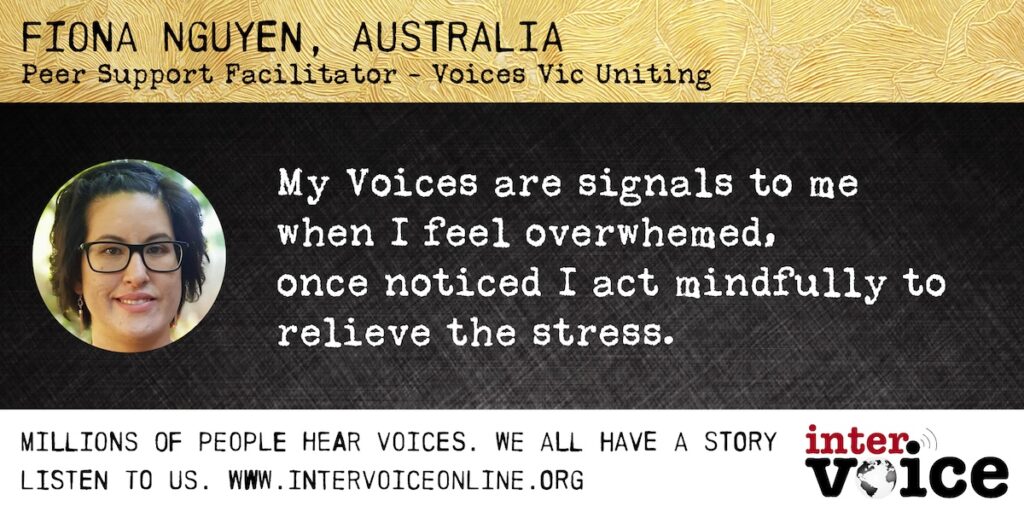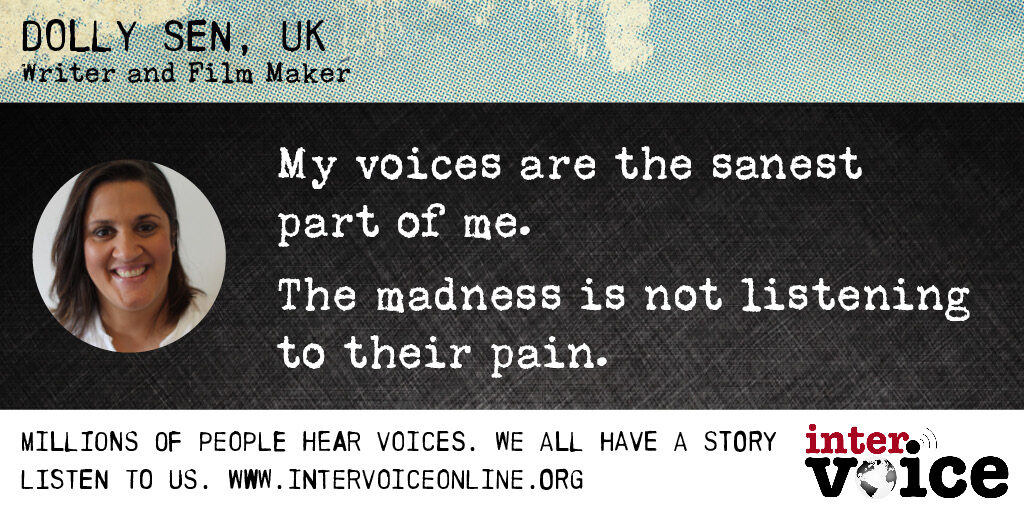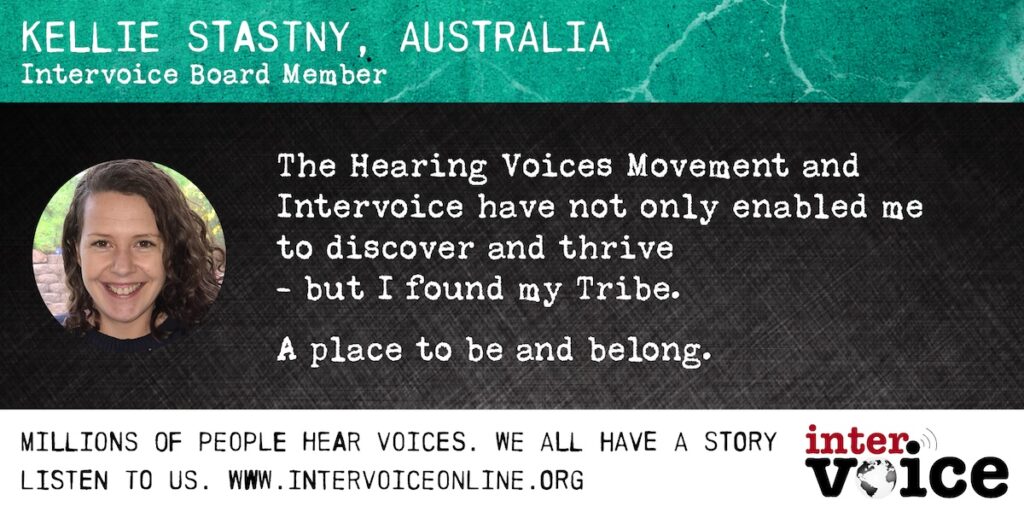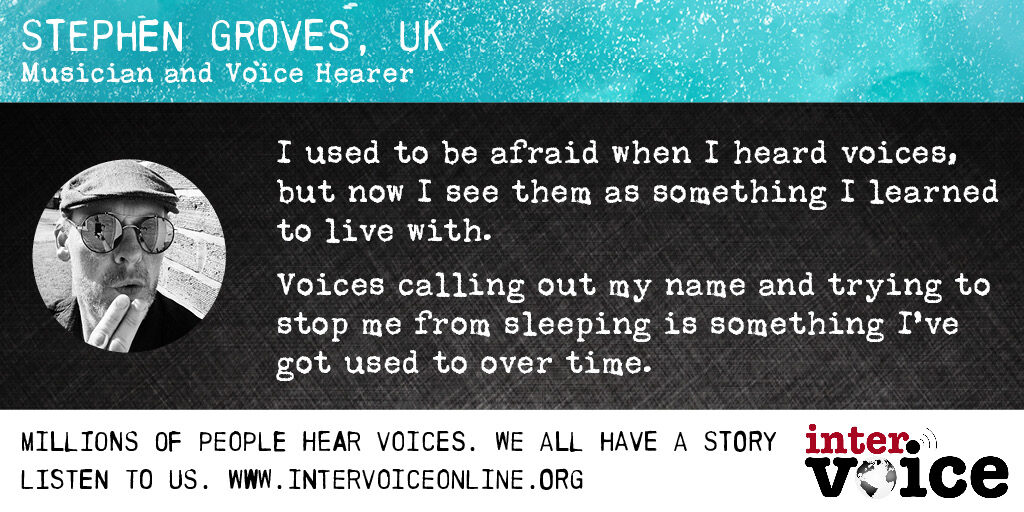What you can do if your child tells you they are hearing voices
- Try not to over react, although you will be understandably worried, work hard not to communicate your anxiety to your child.
- Accept the reality of the voice experience for your child: Ask them about their voices, how long they have been hearing them, who or what they are, do they have names, what they say etc.
- Let your child know that lots of children hear voices and mostly they go away after a while.
- Even if the voices do not disappear your child can learn to live in harmony with his/her voices
- It is important to breakdown your child’s sense of isolation and differentness from other children. Your child is special, unusual perhaps, but normal.
- Find out if your child has any difficulties or problems that they are finding very hard to cope with and work on trying to fix these problems. Think back to when the voices first started, what was happening to your child when they first heard voices? When did the voices arise for the first time? Was there anything unusual or stressful that might have occurred?
- If you think you need outside help, find a therapist who is prepared to accept your child’s experience and work with your child in a systematic way to understanding and cope with their voices better.
- Be ready to listen to your child if they want to talk about their voices and use drawing, painting, acting and other creative ways to help them describe what is happening to them.
- Get on with your lives and try not to let the voice experience become the centre of your child’s life or your own.
- Most children who live well with their voices have supportive families living around them who accept the experience as part of who their child is. You can do this too!












